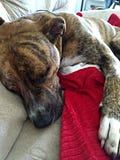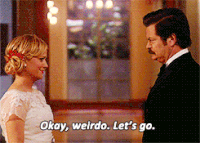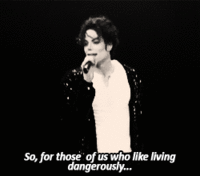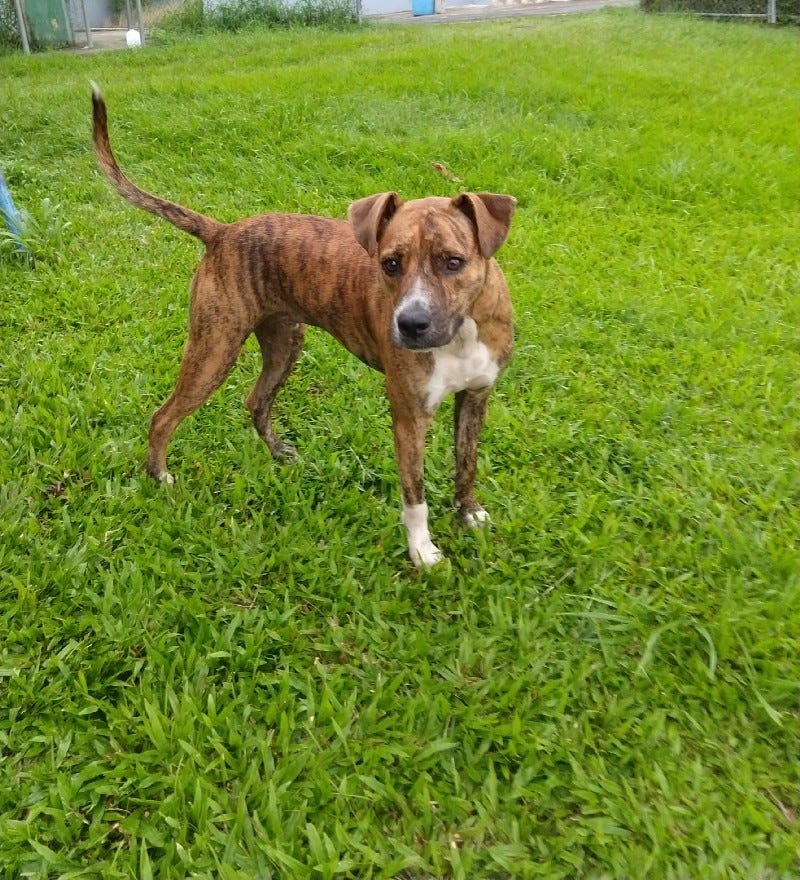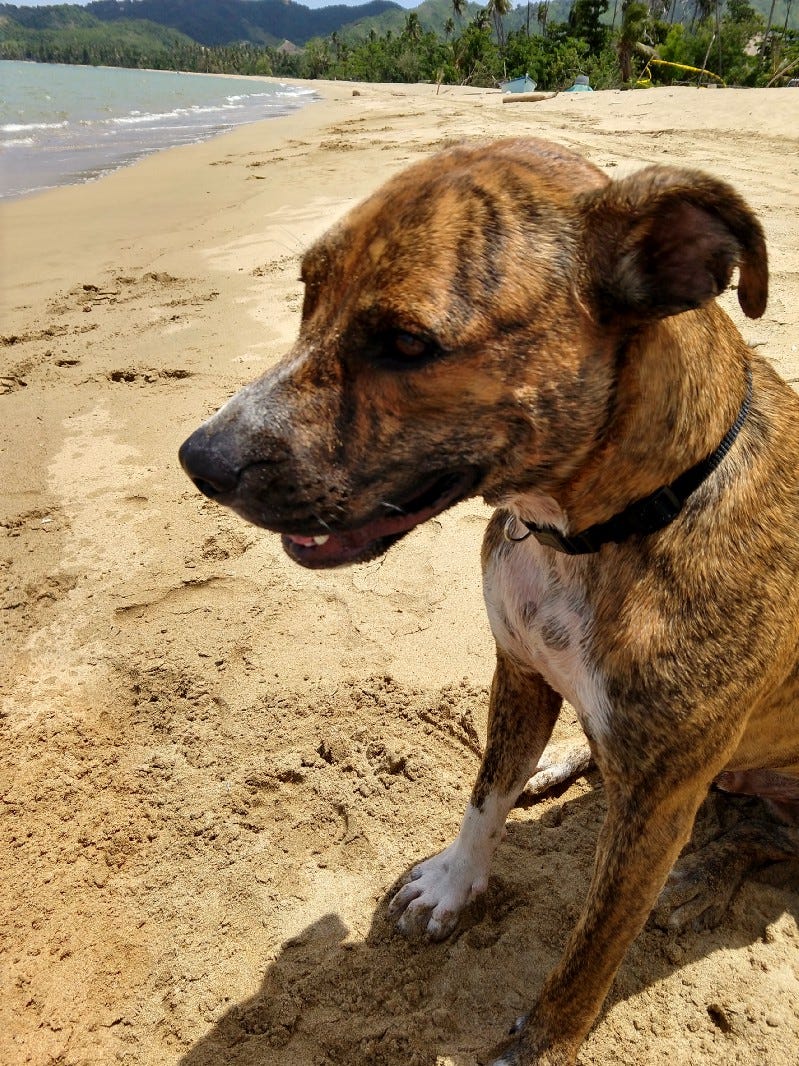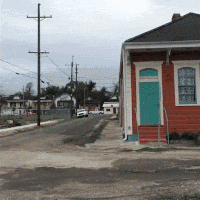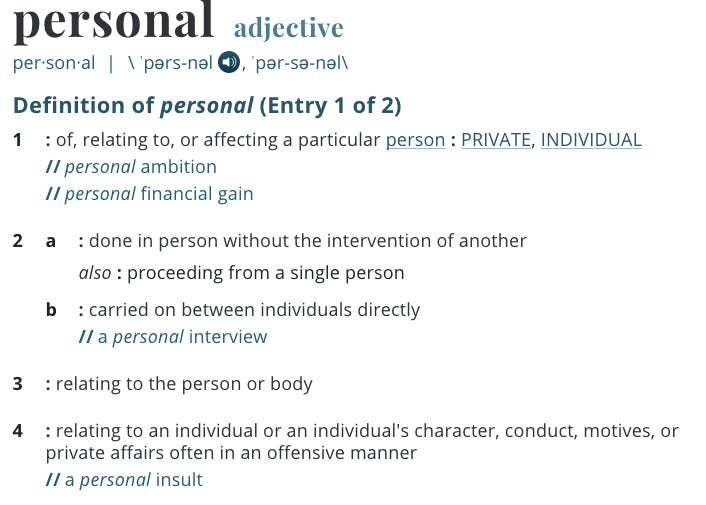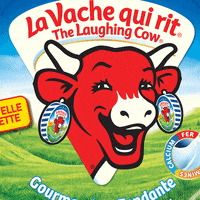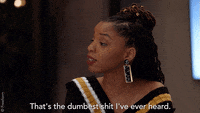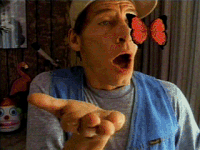🔗 You can read this on my site instead.
That so few now dare to be eccentric marks the chief danger of our time.
-John Stuart Mill
Yeah. This is the kind of thing I shouldn’t publish.
I mean. C’mon.
As a professional freelance writer/content person, publicly praising the creation of crap (not literal crap, of course, but crappy creative work) is a terrible self-marketing move.
But the jury remains out on all self-marketing moves:❋ are any of them not terrible? Doesn’t seem likely.
In that case, let’s continue.
To be more creative, quit thinking about creativity
This is not new advice. You already know this. You just need a reminder.
Quick quiz:
Who’s the most awkward person at a party? The one who’s trying too hard.
Who’s the worst public speaker at the conference? The one who’s so worried about doing it right that nerves take over.
Who’s the least likable dog at the dog park? The dog that’s dogging so hard that he just alienates all the other dogs.
Wait, that last one didn’t make any sense. Scratch that. All dogs are perfect.
Let’s stick to making fun of humans.
Humans are easy to make fun of.
We are silly creatures. We are so obsessed with being creative that we give ourselves panic attacks, and freeze up. It’s not a problem with skill. No, really, it isn’t. A skill can be gained, learned, improved. A skill is used or not used.
It’s the desire to be creative that fucks it all up.
The worry, the nagging doubt, the uncertainty that we are creative… it locks us up. It makes using our favorite skills an absolutely torturous experience.
No, it’s definitely not a problem with the skill.
It’s a problem with expectations.
Expectations, in general, are annoying and boring and a drag. They slow us down.
But the “I need to be creative” expectation, well, it’s a real winner. A special one. It’s a heavy expectation, but it’s based on a vague goal. It’s sets a standard we can’t clearly see.
Then it says: Meet that standard or you are not worth shit.
This is like deciding to run a race with no idea how long the race will be, then feeling bad about yourself if you don’t win.
Being creative has gathered all sorts of connotations and associations. It feels like the epitome of what we want to do with these skills we love and have worked hard to gain. We don’t want to sell out! We don’t want to make shoddy stuff. We don’t want to be poor craftspeople. We don’t want to be cheap. We don’t want to be hacks.
But what does it mean to be creative?
That’s the standard we’ve set, but it’s a tough standard to define.
So let me save us all some trouble and define it:
To be creative is to be someone who creates.
To create is to bring (something) into existence.
If you bring a truckload of color-by-number Elvis paintings into existence, you have been creative.
If you write twenty-seven haikus about your dog’s vomit, you have been creative.
If you write an utterly predictable listicle about the 30 best kinds of cheese with click-bait headlines and poorly chosen GIFs, you have been creative. (That’s actually a listicle I’d be interested in reading, so if you write it, you know… let me know.)
If you open a blank document and write your own name 100 times, you have been creative.
If you get one of those adult coloring books (I love them) and spend hours filling in someone else’s aimless doodles using your drool-worthy collection of fine-point Sharpies, you have been creative.
Something did not exist. You made it exist. You are a god. You have the power: the creative power.
This is all there is to it.
I am super proud of you and I wish you would relax and treat all your creative work exactly this way.
You were born creative, you moron.
You don’t have to do anything else but keep creating.
Sit down (or stand up, whatever) and use your skill to make whatever kind of crap seems interesting to you in the moment.
All the rest: the hazy ideas of originality, the vague standards, the flags we wave, the fancy words we spew, the disconcerting feeling that everything’s been done before…
All of those are trash.
I mean, that disconcerting feeling is spot on. Everything has been done before, one way or another.
Humans have been creating since we figured out how to make pointy sticks.
We’ve been carving stuff on stone, painting shit in caves, sculpting giant things, turning clay into pots, composing epic poems about monsters and battles and love, weaving baskets and stories, and we’ve never stopped.
Why would we? It’s fun. It’s how we invented our civilizations (still a work in progress, for the most part).
All of this is being creative.
Listen. This is important, so pay attention.
The value of creativity is not in the quality of what you create. The value is in the act of creativity itself. The value is in the energy you spend, and the fact that you spend that energy bringing something into being rather than tearing something (or someone) apart.
Creativity is a force. It is a power. It is the path toward light and growth. If you are creating, you are not doing other negative stuff with your energy (like destroying or criticizing or sinking into a lethargy so deep that even a new pack of Sharpies won’t pull you out).
I don’t care what you create.
I care that you create. Something. Anything.
I don’t care if anybody likes it. I don’t care if you like it. I don’t care if you like what I create. I get a huge kick out of creating. I’m going to keep doing it. I create all kinds of stuff. Some of them are lasting and good and will stick around. Most of them are crap. That’s okay with me.
I like creating and I’m going to keep creating more.
I hope you will, too.
Being creative is part of being human. It’s how you know you’re alive.
Now go make some crap
❋ Self-marketing. Let’s discuss.
Self-marketing is a practice more commonly known as personal branding and, for the most part, it is terrifying and awful.
Let’s pause and think about it: personal + branding?
+
According to Merriam-Webster, branding was first used (with the definition above) in 1913.
Branding as a practice is much older than 1913, of course.
The word brand comes from Old Norse. From the original meaning (brand = a piece of burning wood), the word evolved into a verb with a derived meaning: to mark something (usually with a hot iron) as a sign of ownership. Artisans and builders and makers of all sorts have used brands for thousands of years to identify their work. Industrialization brought along mass branding, and that pretty much brings us to Edward Bernays and Mad Men and Roy H. Williams and $5 million dollars for a 30-second advertising spot.
(That’s a very brief synopsis of this article, a fascinating look at the history of branding.)
It’s just in the last few decades that the idea of branding your own person has become a thing.
We don’t use personal branding in the traditional sense—to indicate ownership of a product or artistic work or asset—but to indicate that we, ourselves, are brands.
We use personal branding to package our (infinite, changing, growing, indefinable, expansive) selves as static, identifiable brands.
What an odd choice.
What a strange situation.
What a completely incomprehensible task: to distill the infinity of Self into a tagline and a logo.
Anyway, we all know who’s the original master of personal branding:

